Thriving Communities, Healthy Landscapes
We're helping more than two million farmers embrace more sustainable growing practices that can help build resilience to climate change and boost yields.
Home / Issues / Livelihoods / Page 14
Across the tropics, farming and forest communities face a daily struggle to cover life’s basic needs. Breaking the cycle of rural poverty—and tackling the ensuing impacts for people and nature—is critical for a more sustainable future for us all.
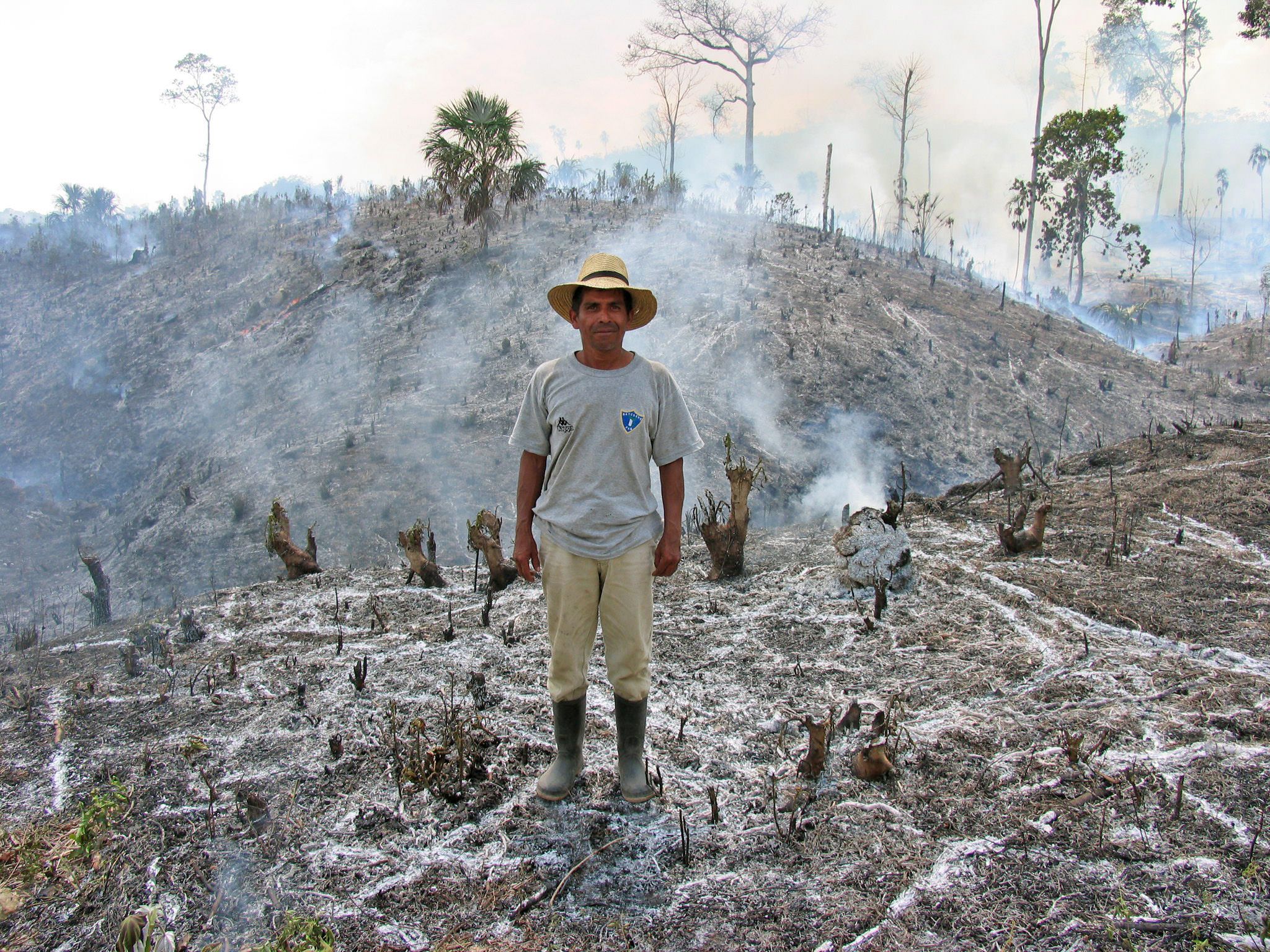
Rural poverty is at the root of many of our most pressing global challenges, from child labor and poor working conditions to deforestation for agricultural expansion. Economic desperation exacerbates these complex issues, which are deeply embedded in global supply chains. The result is a vicious cycle of environmental destruction and human suffering.
Our work to cultivate rural prosperity brings real, measurable benefits for farmers, forest communities and Indigenous peoples around the world.
![]()
earned by our Maya Biosphere Reserve community partners from 2013-2021*
The Rainforest Alliance has been working with the community forestry concessions in Guatemala’s Maya Biosphere Reserve since 1999—helping to develop thriving forest enterprises based on the responsible harvesting and processing of non-timber forest products (such as nuts and palm fronds), in addition to timber for export, according to the rigorous standard of the Forest Stewardship Council (FSC).
*2013-2021 earnings from 100+ small and medium-sized forest-based businesses in the community concessions of Guatemala’s Maya Biosphere Reserve.
![]()
on West African small-scale certified farms*
In 70 countries, farmers are trained in more sustainable practices that boost climate resilience, conserve biodiversity, and promote worker wellbeing—while also helping to increase productivity and improve their incomes. Learn more
*Three studies published in 2018-2020 reveal that income from cocoa production is 40% higher on average on Rainforest Alliance and UTZ Certified farms in Ghana and Cote d’Ivoire, compared to non-certified farms:
The Rainforest Alliance partners with frontline communities to build thriving rural economies rooted in more sustainable growing practices and forest stewardship. We also promote responsible business practices to ensure that companies recognize and reward sustainability transformation—in the field as well as the boardroom.
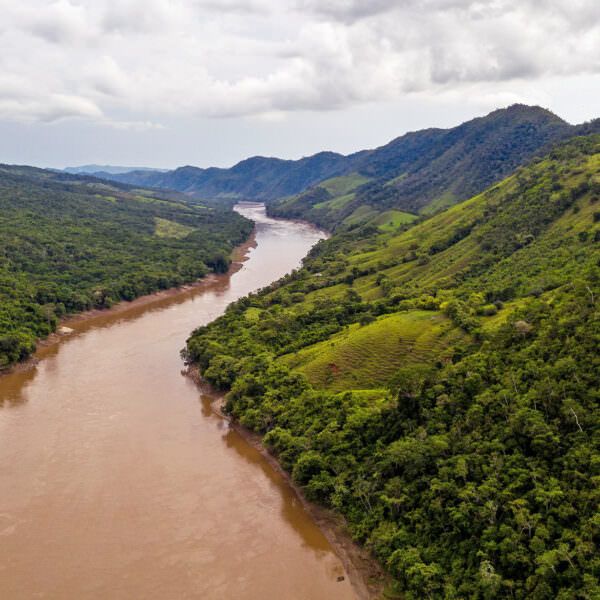
We're helping more than two million farmers embrace more sustainable growing practices that can help build resilience to climate change and boost yields.
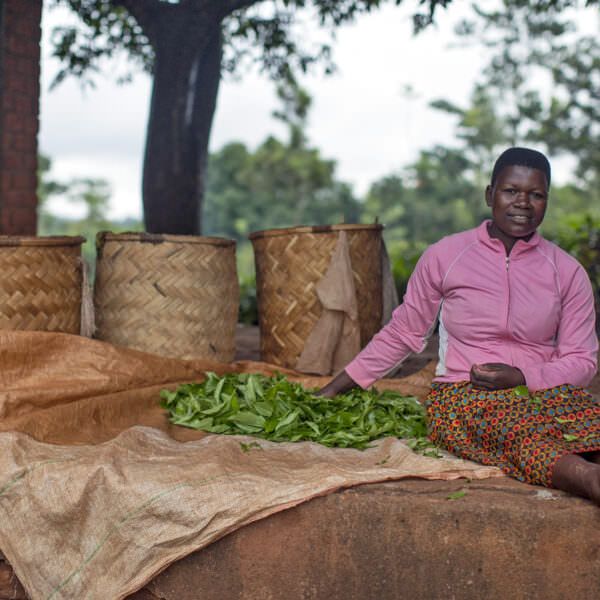
To improve rural livelihoods, we foster deep collaboration between farmers, civil society organizations, companies, and governments.
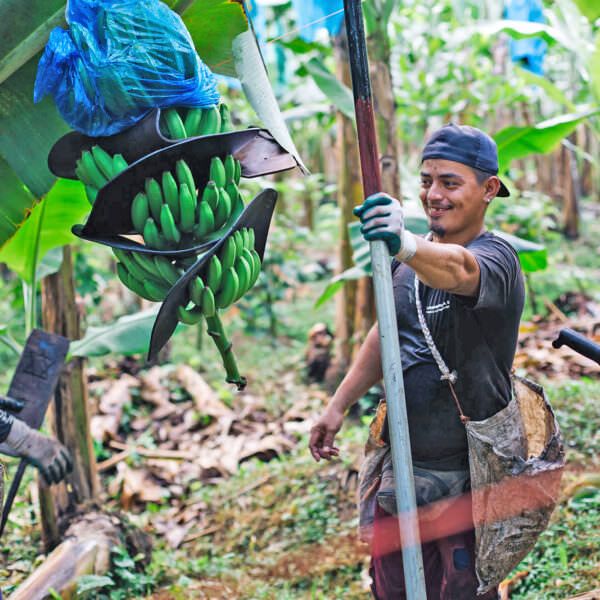
The Rainforest Alliance believes that workers around the world should be paid enough money to provide a decent life for themselves and their families.
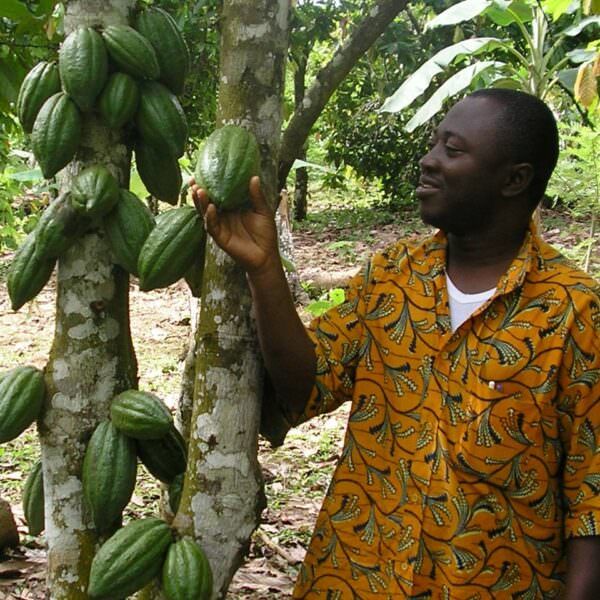
At the Rainforest Alliance, we believe in a shared responsibility approach that encourages companies to do their part in ensuring a living income for farmers. This is the basis of our initiatives, the Living Income Module and the Living Income Fund.
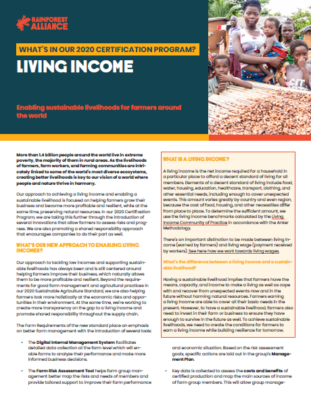
Our approach to achieving a living income and enabling a sustainable livelihood is focused on helping farmers grow their business and become more profitable and resilient, while at the same time, preserving natural resources. In our 2020 Certification Program, we are taking this further through the introduction of several innovations that allow farmers to assess […]

For the millions of workers worldwide who form the backbone of agricultural production, ensuring a sustainable livelihood starts with being paid a living wage. In our 2020 Certification Program, we are going further to achieve living wages for agricultural workers through the introduction of several innovations that allow farmers to assess the gap to a […]
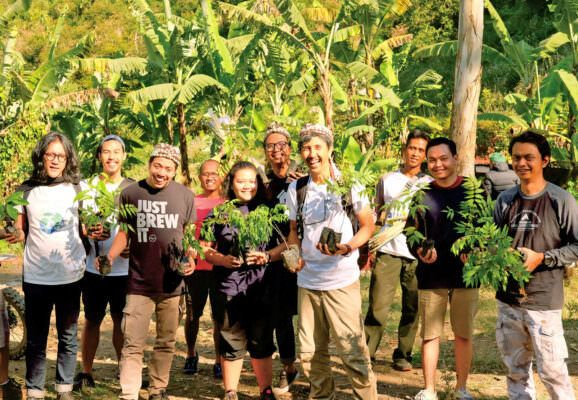
Our emergency relief grants are helping these communities weather the pandemic.... Continue Reading

An equitable future for women means a livable future for all of us.
Rainforest Alliance will start rolling out the 2020 Sustainable Agriculture Standard worldwide in September. Food Navigator speaks with the NGO's Director of Standards and Assurance, Ruth Rennie, to find out.

Upgraded certification scheme, covering over 2 million farmers, will use technology to help them adapt to climate change, protect forests and spot social risks.